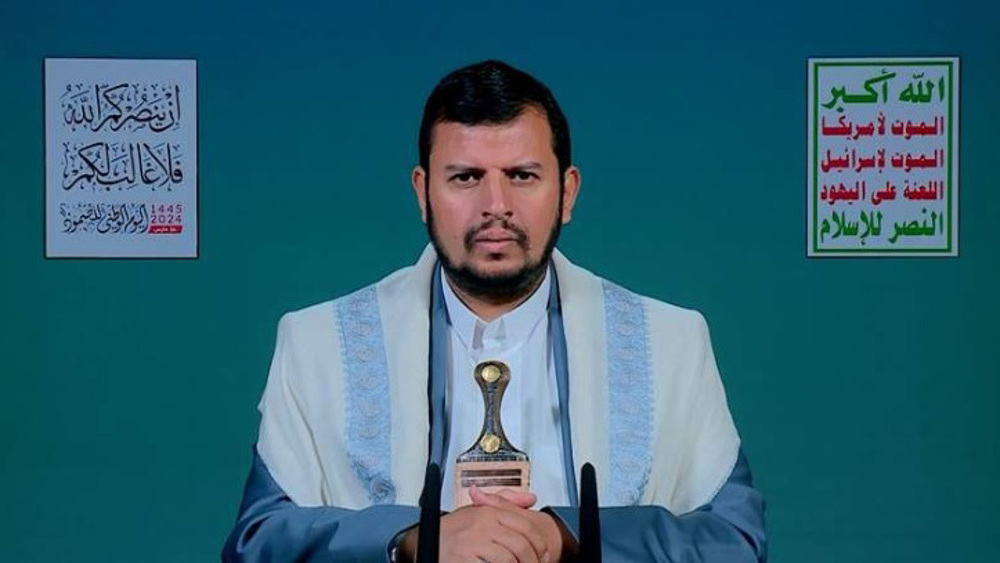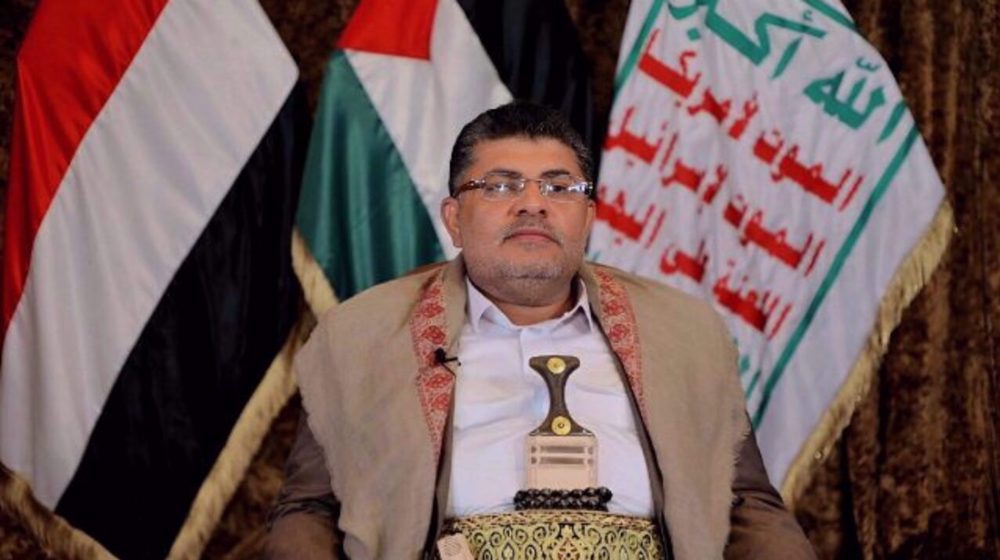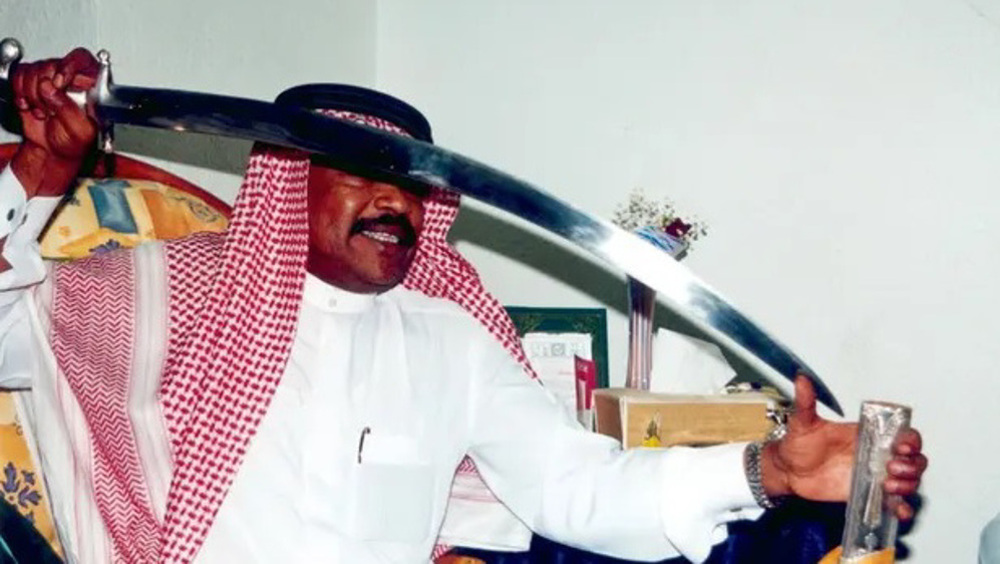HRW urges new Saudi crown prince to end rights violations, pursue reforms
Human Rights Watch (HRW) has called on newly-appointed Saudi Crown Prince Mohammed bin Salman to put an end to the country’s longstanding human rights violations and make a commitment to rights reforms.
“Saudi Arabia should go beyond portfolio shuffling and ensure that leadership changes bring meaningful steps to end the repression so many Saudi men and women have suffered over the years,” HRW Middle East Director Sarah Leah Whitson said on Thursday.
“If the new crown prince wants to achieve his vision for economic progress, he should take immediate and concrete steps to improve human rights protections,” she added.
On Wednesday, Saudi King Salman bin Abdulaziz Al Saud issued a royal decree to replace Crown Prince Mohammed bin Nayef bin Abdulaziz Al Saud with his own son.
HRW noted that the new crown prince has not made any commitment to pursue rights reforms since he took office as defense minister and deputy crown prince in early 2015, and that his ambitious Vision 2030 to diversify Saudi Arabia’s economy does not consider key human rights reforms such as inclusion of women’s role in the economy.
Saudi women face harsh restrictions in different spheres. The country’s male guardianship system requires every woman to have a male guardian – a father, brother, husband, or even a son.
Saudi Arabia is the only country in the world that prohibits women from driving. The absolute ban is based on a fatwa (religious order) imposed by the country’s Wahhabi clerics. If women get behind the wheel in the kingdom, they may be arrested, sent to court and even flogged.
The HRW report also pointed out that the new crown prince has “initiated and is responsible” for the Saudi war on Yemen which has led to a “humanitarian catastrophe” in the country, and noted that the Riyadh regime has carried out “scores of apparently unlawful attacks, including potential war crimes, and repeatedly hit schools, markets, homes, and hospitals.”
The war has killed over 12,000 civilians, left much of Yemen in ruins and empowered the Takfiri terror groups operating in the impoverished country.

As part of the recent reshuffling, King Salman has further relieved Mohammed bin Nayef of his duties as the interior minister. He appointed Prince Abdulaziz bin Saud bin Nayef as the new interior minister and Ahmed bin Mohammed al-Salem as deputy interior minister.
The rights group criticized the Saudi Interior Ministry for taking the lead in longstanding violation of the basic rights in the country, including free expression, association, and assembly and imposing restrictions for rights activists and women.
The report expressed concern over the country’s 2013 counterterrorism law that authorizes the arrests of terrorism suspects without prosecution as well as access to their private banking and communications information without judicial supervision.
HRW also slammed Saudi authorities for arresting and prosecuting “nearly all activists” associated with the Saudi Civil and Political Rights Association (ACPRA) over “vague charges” and said, “Saudi Arabia’s reshuffled prosecution service should immediately end prosecutions of human rights activists.”
“Saudi leaders should realize that they can’t transform the country’s economy and society without granting women rights on par with men and allowing Saudis to openly criticize government policies and call for human rights,” Whitson pointed out.
Read more:
The new crown prince who is already in charge of a vast portfolio as chief of the House of Saud royal court and chairman of the Council for Economic and Development Affairs was little known both at home and abroad before Salman became king in January 2015.
However, King Salman has significantly increased the powers of Mohammed, with observers describing the prince as the real power behind his father’s throne.
Mohammed bin Salman, according to analysts, appears to have orchestrated the Persian Gulf diplomatic crisis, which has seen a Saudi-led bloc of countries cutting ties with Qatar and imposed an economic siege on the country.
The diplomatic spat broke out days after a summit in Riyadh attended by US President Donald Trump, a staunch supporter of Saudi rulers and, in particular, Mohammed bin Salman.
UK, Italy call on Israel to refrain from escalating tensions in region
VIDEO | Erdogan breaks silence, backs Iran’s reprisal attack on Israel
VIDEO | Toronto activists block Canada-US rail line in support of Gaza
FM: Iran informed US of retaliatory strikes against Israel
VIDEO | Press TV's news headlines
VIDEO | London demonstration calls for UK to stop exporting arms to Israel
US secretly pressing countries into nixing Palestinian statehood: Cables
VIDEO | Israel impregnability perished














 This makes it easy to access the Press TV website
This makes it easy to access the Press TV website